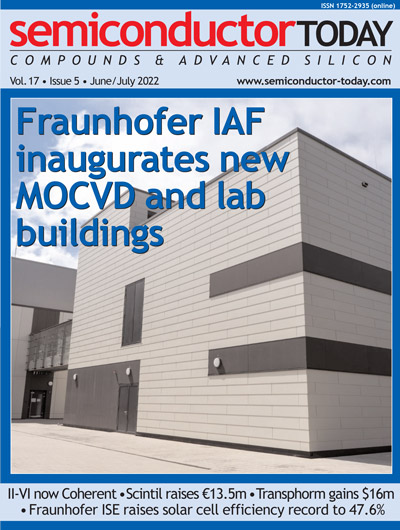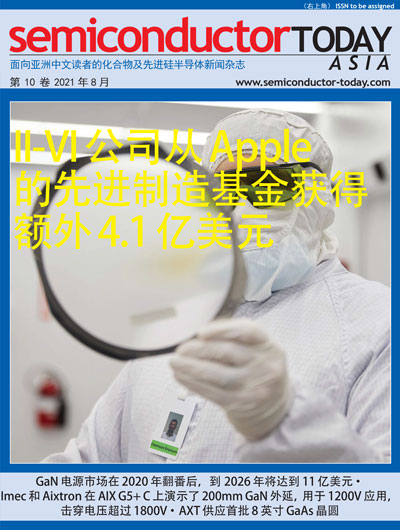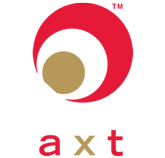- News
17 June 2013
GigOptix leverages parallel component products to expand into high-speed consumer electronics optical links market
GigOptix Inc of San Jose, CA, USA (a fabless supplier of analog semiconductor and optical communications components enabling high-speed end-to-end information streaming over optical fiber and wireless networks) says that it is leveraging its position as a key merchant component supplier in datacom markets serving the Cloud to introduce devices that enable a wide range of high-speed optical links for consumer systems and applications.
GigOptix’s parallel optical devices are now shipping in production volumes for use in embedded active optical cables (AOCs), pluggables and optical backplanes targeting high-speed optical data links for consumer electronics connectivity and applications, such as:
- tablets, ultrabooks, and smartphones using the highest video and display resolution;
- 4K/8K high-resolution video capture and multi-link transfer for video recording and consumer TVs in the living room and in studios;
- high-definition video broadcast links for end-points with reaches of greater than 100m; and
- high-speed applications used in 2D and 3D security and safety systems, gesture recognition and motion tracking.
Recently, GigOptix’s parallel chipsets were used by a global electronics OEM to enable full production of 4K high-definition video capture and transfer in several of its consumer products. The firm’s 4-channel parallel devices were used in 40Gbps active cable transfer rates to support increased video frame rates and HD 3D imaging. GigOptix claims that its chipsets simplify consumer system designs by being fully programmable and providing advanced signal conditioning for superior optical performance with low power consumption.
GigOptix highlights interest in its vertical-cavity surface-emitting laser (VCSEL) parallel arrays of drivers and TIAs (transimpedance amplifiers) from an expanding number of companies designing consumer electronics applications. “GigOptix optical driver and receiver technology is moving towards high-volume applications with the integration of our chipsets in applications such as 4K video systems. System designers are migrating to our parallel chipsets for consumer applications as they face increased data-rate and signal integrity challenges with copper interconnects and copper ribbon cables,” says Dr Raluca Dinu, general manager & VP of the Optics Product Line at GigOptix. “The growing gesture recognition and motion tracking markets in consumer electronics which gauge distance and detect object motion and boundaries, may also be addressed with GigOptix TIA technology, and is a natural progression to our current datacom TIAs,” he adds, highlighting the firm’s opportunities to employ its extensive chipset portfolio and expertise to capitalize on near-term growth in markets such as short-reach, embedded very-short-reach (VSR), and 3D home entertainment.
For short-reach connectivity applications, GigOptix’s broad optical interconnect portfolio of 1-12 channel VCSEL driver and TIA arrays fulfill high-speed link requirements with performance of 1-28Gbps per channel. GigOptix says that its chipsets have been designed specifically to address low-power-consumption AOC, pluggable and backplane optical connectivity applications that avoid electrical crosstalk seen in conventional systems, enabling what is claimed to be excellent transport sensitivity at high speeds.
Based on the March 2012 ‘Active Optical Cable Forecast’ report from Light Counting, which provides initial data for only a small set of consumer electronic applications such as HDTVs, video equipment, notebook computers, tablets and smartphones, GigOptix estimates that the total available market (TAM) associated with embedded parallel devices for those optical links alone will grow at least 20-fold, from about $2.5m in 2013 to about $50m by 2016. Many new consumer electronics optical link applications are emerging, and these will provide additional component TAM opportunities in the next few years, the firm concludes.






